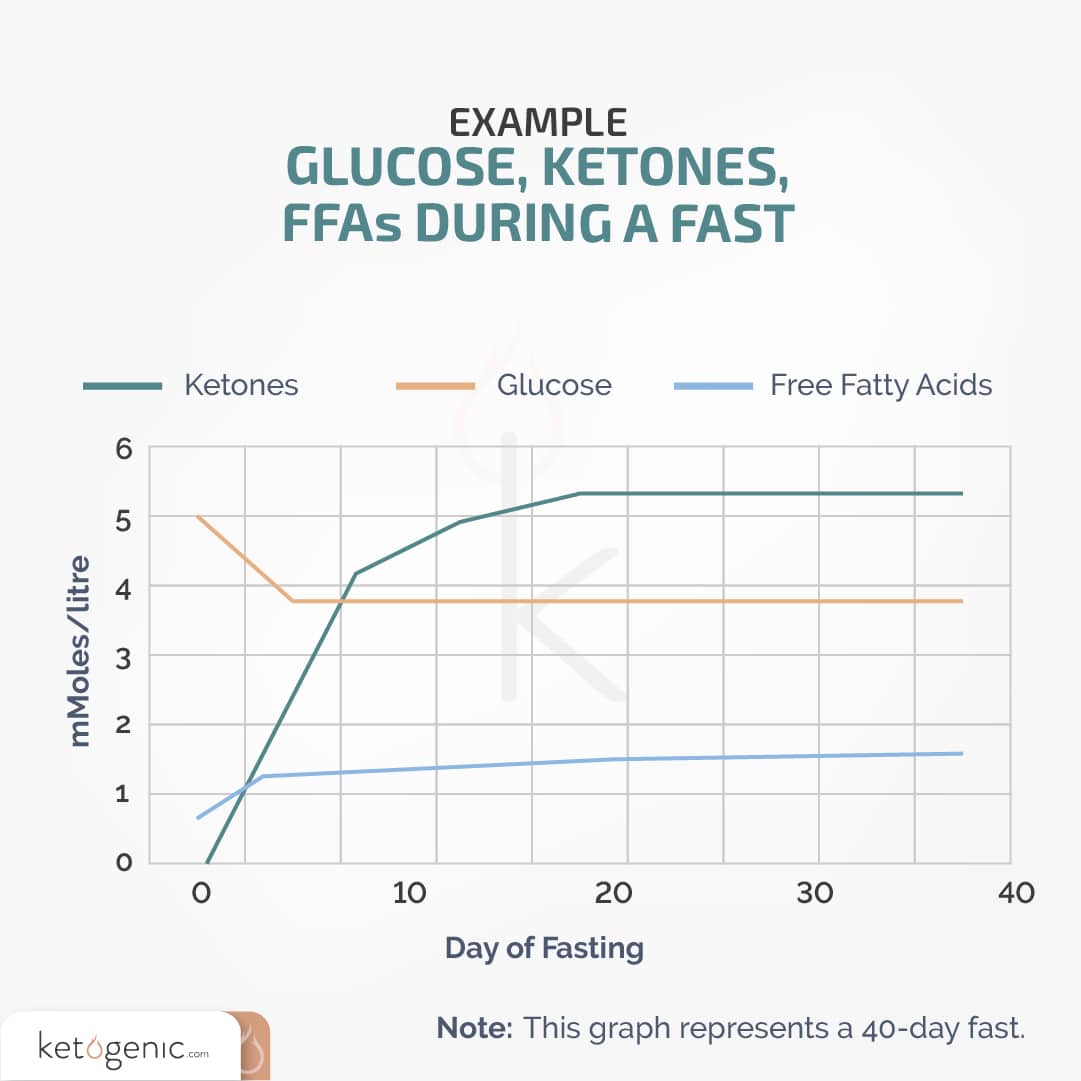Keto Intermittent Fasting: Trying I.F. on the Ketogenic Diet

Intermittent fasting can be an excellent complement to your keto diet. You don’t need to fast, but it can provide a multitude of benefits if you do. What’s intermittent fasting, short-term, or long-term fasting? Let’s dive in.
What is Intermittent Fasting?
If you split the word breakfast you’re left with the two words ‘break fast’ — the first meal where you break or stop your overnight fast. Fasting simply means you refrain from eating food for a certain time period. This gives your digestive system a break. When you do break your fast, it’s important you consume a nutrient-dense meal.
Most people already fast overnight during sleep and then begin eating again in the morning. With intermittent fasting, you’re fasting at certain intervals. Intermittent fasting involves fasting and feeding windows.
When you understand intermittent fasting in this way, it doesn’t seem overwhelming or difficult, rather, it’s a regular part of life that can be advantageous for your health. Our ancestors had to deal with unpredictable periods of feast and famine, making them more metabolically adapted.
Fast forward to today. Many people on keto practice short-term intermittent fasting between 12-24 hours, but you might also want to occasionally practice long-term fasting for 24 hours or longer to yield other health benefits.

Short Duration Fasting
With short duration fasting, you could try fasting for 16 hours followed by an 8-hour eating window. You might want to do this daily or every other day. An example of this 8-hour eating window is having dinner at 8 pm and fasting until 12pm for brunch the following day.
Long Duration Fasting
With long-duration fasting, you could eat one meal a day at roughly the same time before fasting for 24 hours. Some people try longer fasting for 36 hours or more. It’s best to consult your health practitioner before changing your diet or starting a fast, particularly a longer fast.
What are the Benefits of Intermittent Fasting?
Fasting can benefit the gut microbiome, hormone regulation, body composition, blood glucose, and ketone levels, and more [1]. Fasting increases beneficial ketone levels and promotes autophagy — the body’s natural process of clearing toxins or debris in the cells and clearing the dysfunctional mitochondria [2].
Studies show fasting is advantageous for weight loss and alternate-day fasting can decrease body fat percentage, triglycerides, total cholesterol, and LDL [3]. Fasting can lower insulin levels and oxidative stress [4]. Research also uncovers how short-term fasting can induce profound neuronal autophagy [5].
With a smaller feeding window, you can be more in control, focus on cooking at home, and eat more nutritious ketogenic foods. When you’re out and about, it can be more of a challenge to source healthier keto-friendly options.
When you’re fasting and you’re not eating, you’re also not spiking your blood sugar, which helps regulate blood sugar levels and makes it easier for you to go without food. Fasting can help you step off the unstable blood glucose rollercoaster ride.
One of the main reasons people practice intermittent fasting on keto is the fact that fasting promotes ketogenesis. Keto and intermittent fasting go hand-in-hand due to the fact both increase ketone production and thus can enhance the benefits of nutritional ketosis. [6]
Should You Try Intermittent Fasting on Keto?
It’s up to you whether you’d like to fast or not. Some people with certain health problems or digestive issues might find fasting to be too difficult, or they might be comfortable with short-term fasting but not long-term fasting. You could always start with a short-term fast and go from there.
Most people find fasting to be a beneficial addition to the keto lifestyle. Instead of planning, preparing, or eating food, you can use the time for other things. When you do eat…it’ll be that much more delicious and you can savor every bite.
Check out our other articles on intermittent fasting and fasting and exercise.
Are You Fasting?
How is fasting working for you? What are your top tips for intermittent fasting on keto?










Thanks for the information!